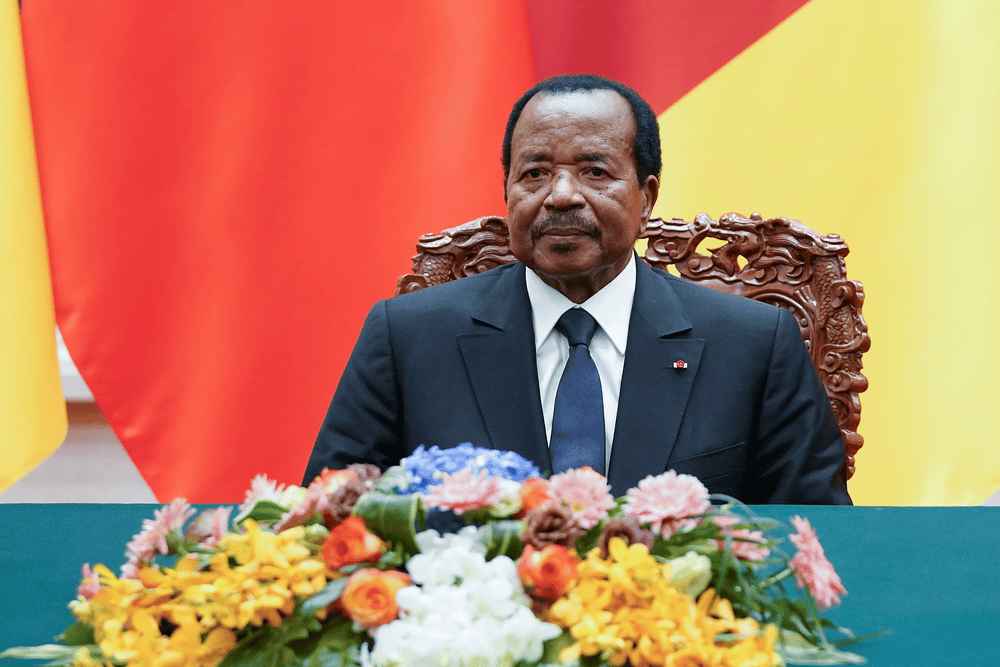
Ramaphosa wants tougher sentences for crimes against women and children

All crimes against women and children must be met with harsher sentences, South African President Cyril Ramaphosa said on Thursday.
In an address to the nation, the president echoed a growing demand that the state should oppose bail and parole for perpetrators of rape and murder against women and children.
He was speaking after thousands of protesters took to the streets in Cape Town to express their anger at femicide. The protesters demanded that the government act swiftly and decisively to end gender-based violence.
In recent days, South Africans have been shocked by violent murders of several women and girls, including 19-year-old Uyinene Mrwetyana, a Cape Town University Student, Leighandre Jegels, South African boxing champion, and 14-year-old Janika Mallo, whose body was found in her grandmother’s back yard in Cape Town after being raped and murdered.
All the murders happened in August as South Africans celebrated the Women’s Month dedicated to the protection of women.
There were many other women and girls who have become victims of gender-based violence in South Africa, according to the United Nations in South Africa.
Over the past few days, South Africa has been deeply traumatized by acts of extreme violence perpetrated by men against women and children, Ramaphosa said.
“These acts of violence have made us doubt the very foundation of our democratic society, our commitment to human rights and human dignity, to equality, to peace and to justice,” he said.
Ramaphosa described violence against women as “more than a national crisis.”
“We have heard the calls of the women of our country for action and for justice,” he said.
The president outlined a series of measures to contain the scourge.
These include the review of laws on domestic violence and sexual offences to prioritize the needs and interests of survivors.
“We are going to overhaul and modernize the national register of gender-based violence offenders provided for in the Sexual Offences Act to ensure it is effective in combating gender-based violence,” he said.
This National Register of Offenders will list all the men convicted of acts of violence against women and children, according to Ramaphosa.
He said he will ask Parliament to consider amending the legislation to make the register public.
Moreover, South Africa has established 92 dedicated Sexual Offences Courts since 2013, with a further 11 to be opened this financial year to improve conviction rates and provide comprehensive and appropriate support services to ensure that survivors of sexual offences are not subject to further trauma, said Ramaphosa.
Rehabilitation programs in prisons will be increased and reconfigured to reduce the number of repeat offenders, he said.
“We will strengthen the emergency teams at a provincial level – which bring together the police, social development, health, justice and education – to continue providing rapid and comprehensive responses to all forms of violence against women,” he promised.
Other systemic challenges such as the backlog of cases, delays in DNA testing and the availability of rape test kits in police stations will also be addressed, the president said.
“As we have done before in times of great difficulty and strife, this is the time to come together as a nation to confront our problems directly,” he said.






